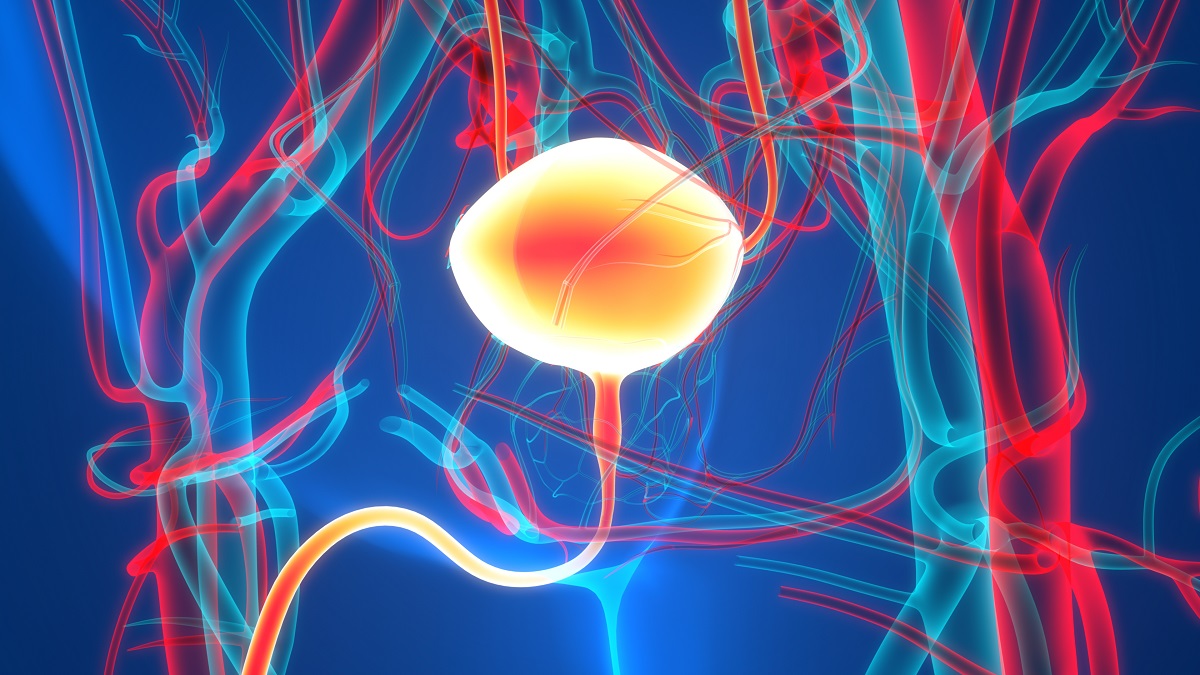KEY TAKEAWAYS
- The study aimed to investigate the role of glycosyltransferase patterns in predicting prognosis and optimizing immunotherapy outcomes in BLCA.
- Researchers found that glycosyltransferase patterns can improve prognosis and immunotherapy efficacy in BLCA.
Although immunotherapy demonstrates significant potential for treating bladder cancer (BLCA), its overall prognosis and response rates are still unsatisfactory.
Renyu Liu and the team aimed to investigate how glycosyltransferase patterns affect tumor microenvironment (TME) phenotypes and their implications for prognostic prediction and immunotherapy response.
They performed an inclusive analysis of glycosyltransferase expression patterns in patients with BLCA by examining 210 glycosyltransferase-related genes. They established correlations between these patterns, prognosis, and TME phenotypes.
To provide personalized patient assessments, they developed a glycosyltransferase risk score that predicts prognosis, TME phenotypes, and molecular subtypes accurately. Additionally, they validated their findings using a RNA-seq cohort, named the Xiangya cohort.
About 2 distinct patterns of glycosyltransferase expression were identified, corresponding to inflamed and noninflamed TME phenotypes, and demonstrated the potential to predict prognosis. A comprehensive risk score was developed and validated, accurately predicting individual patient prognosis in the TCGA-BLCA cohort. A nomogram integrating this risk score with key clinical factors was also constructed.
This risk score was successfully validated in external cohorts, including the Xiangya cohort and GSE48075. Furthermore, a positive correlation was found between the risk score and tumor-infiltrating lymphocytes in both the TCGA-BLCA and Xiangya cohorts, suggesting that patients with higher risk scores exhibited an inflamed TME phenotype and were more responsive to immunotherapy.
Additionally, the high and low-risk score groups aligned with the luminal and basal subtypes of BLCA, respectively, further validating the risk score’s role in relation to TME molecular subtypes.
The study concluded that glycosyltransferase patterns exhibit distinct TME phenotypes in BLCA. The comprehensive risk score developed provides a promising approach for prognostic prediction and assessment of immunotherapy efficacy, offering valuable guidance for precision medicine.
This study was funded by the Young Scientists Fund of the National Natural Science Foundation of China (No.82202866) and the Natural Science Foundation of Hunan Province (2023JJ40991).
Source: https://pubmed.ncbi.nlm.nih.gov/39095785/
Liu R, Yang T, Huang J, et al. (2024). “Results from a real-world study: a novel glycosyltransferase risk score for prognosis, tumor microenvironment phenotypes and immunotherapy in bladder cancer.” BMC Cancer. 2024 Aug 2;24(1):947. doi: 10.1186/s12885-024-12712-w. PMID: 39095785.



